The project directly contributes addressing sexual harassment (SH) at the workplace, which is a widespread and underreported form of gender-based violence across the EU. The TEAMWORK 2 project is a direct continuation of the REC-funded TEAMWORK 1 project (ending in April 2022), whose research activities resulted in better understanding of the issue of sexual harassment at the workplace, and to a set of recommendations that will contribute to its more effective addressing at the local and national level.
Enhancing prevention and protection mechanisms of Sexual Harassment at the Workplace through capacity building and interagency collaboration



Objective
The Teamwork 2 project adopts the following specific objectives:
- Enhance prevention and handling of sexual harassment at the workplace through capacity building of multipliers, who will assist companies/organizations to adopt effective internal policies (WP2).
- Improve the protection of victims/survivors and empower them to report the issue through the creation of new widely accessible services (WP3).
- Strengthen interagency collaboration and develop local/regional/ national networks that contribute to prevention and reducing of the problem (WP3, WP4).
At last, a horizontal principle of the project implementation is to promote gender equality, diversity, and non-discrimination.
Background
Which problem does the project aim to address?
TEAMWORK 1 demonstrated that sexual harassment is a persistent problem across the EU, and the factors
contributing to it are similar in the different countries. The main factors are 1) fragility of the protection system in all the four countries (fragmentation of the laws, shortcomings in their implementation, low level of networking between stakeholders dealing with SH prevention and response at local, regional and national level), 2) low level of awareness of the problem among employers as well as workers, which is also linked to underreporting and lack of reliable statistics, and 3) lack of structures that would contribute to ongoing prevention and early detection of SH at work.
TEAMWORK 2 will, thus, address the main needs that have been identified in research reports by the previous project:
- Need for awareness raising and capacity building of employers as well as workers to address the issue
- Need to improve prevention and handling
- Need for a multi-stakeholder approach and creation of local/regional/national networks to work for eradication of the issue
Goals
The project will start with the training of trainers and multipliers (WP2), in planning the capacity building seminars for companies (WP3), in the process of provision of services by Helpdesks (WP3), as well as when data is collected to measure the impact of the intervention.
Gender-specific indicators will be created to ensure equal participation and non-discrimination, reaching out to both women as well as men and gender diverse people, people with disabilities, and other people from minorities.
TEAMWORK 2 will complete the work packages below to bring systemic change:
- Capacity building of multipliers and multi-agency collaboration to promote the best practices and improve national prevention policies – train the trainer (WP2)
- Enhancement of protection of GBV survivors (at workplace) by means of introduction and dissemination of new services (WP3)
- Communication and Dissemination including transnational exchange, that ensure transferability and exploitation of the project tools, approaches, and results (WP4)
Partners
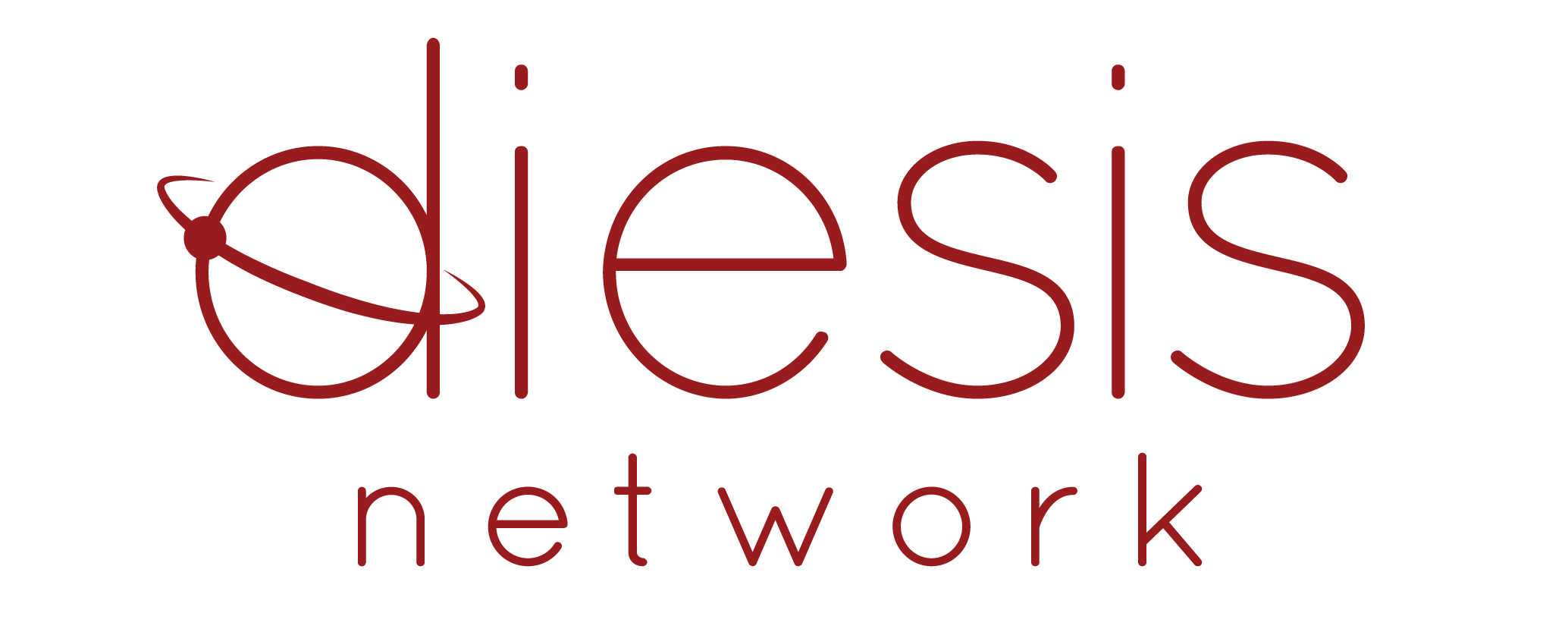
Diesis
Founded in 1997, Diesis Network is one of the widest networks specialised in supporting the development of the social economy, social entrepreneurship and social innovation. Diesis Network aims at contributing to the growth of social economy in Europe and worldwide. Together with our members, we support the development of social economy, social entrepreneurship and social innovation by sharing knowledge through peer learning, capacity building, cross-sectorial and cross-country exchanges of good practices and research.
With a variety of profiles, backgrounds and origins, our team is actively engaged in implementing knowledge-based activities such as training, project design, consultancy and advisory services, technical assistance and research. As a social economy enterprise our main purpose is to serve our members rather than maximise profits. One of our focus is “Equality and rights” which goal is to promote gender based equality and human rights.
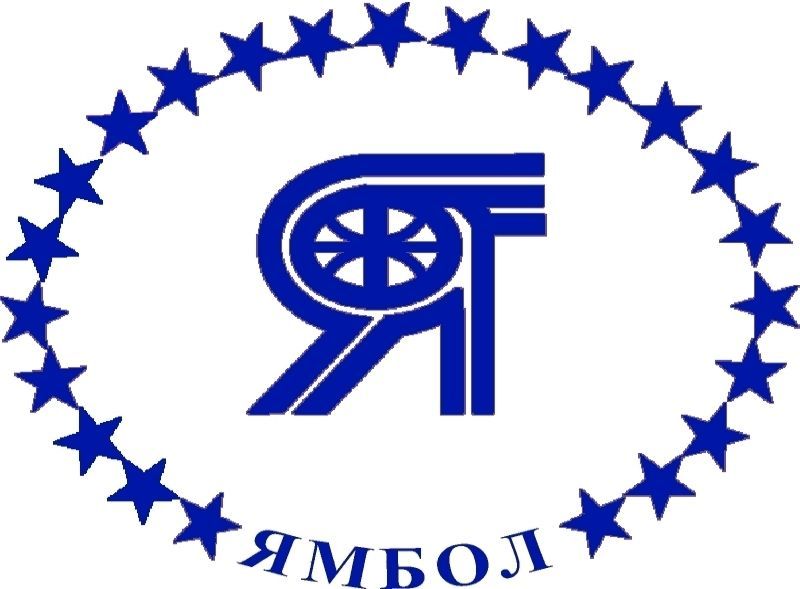
Yambol Chamber of Commerce and Industry /YCCI/, Bulgaria
Yambol Chamber of Commerce and Industry /YCCI/, Bulgaria is an organization of entrepreneurs in the Yambol region, established in 1993. It is an independent, regional structure of the Bulgarian Chamber of Commerce and Industry. The mission of the Chamber is to promote the development of a favorable economic environment for business development and to facilitate various business activities. The Chamber supports, promotes, represents and protects the economic interests of its members, provides them with various services, promotes European and international integration at regional level . YCCI has a key role in defining regional policy in the field of economy, education and trade.
As a nationally represented employers’ organization, YCCI regularly surveys the opinions of companies in the region on the regulations in Bulgaria and the policies of the European Union, through its structures and through its participation in various forums, proposes changes to improve legislation economic development.
Surt
SURT is a women’s organization based in Barcelona (Spain) with 30 years of experience working for the empowerment of women. Since the beginning, in 1993, SURT has been a women’s organization committed to the values of gender equality, inclusion, solidarity and social change, run on a transparent, professional and socially efficient basis.
The organisation works to make effective the economic, social and cultural rights of women and eradicate gender discrimination, promote gender equality and the empowerment of women, their autonomy and leadership, from a comprehensive vision that includes the different dimensions of empowerment: economic, personal, community, social and political empowerment.

CARDET
CARDET is the leading research and development centre in the Mediterranean region with global expertise in adult education, language learning, digital skills, inclusion and capacity building. As the largest independent non-profit centre based in Cyprus, CARDET is independently affiliated with universities and institutions from around the world, such as the Yale University, the University of Nicosia and the International Council of Educational Media. Our team, in partnership with EAEA, has recently developed the lifelong learning strategy 2021-2027 for Cyprus, engaging several ministries, government agencies, social partners, and public and private stakeholders.
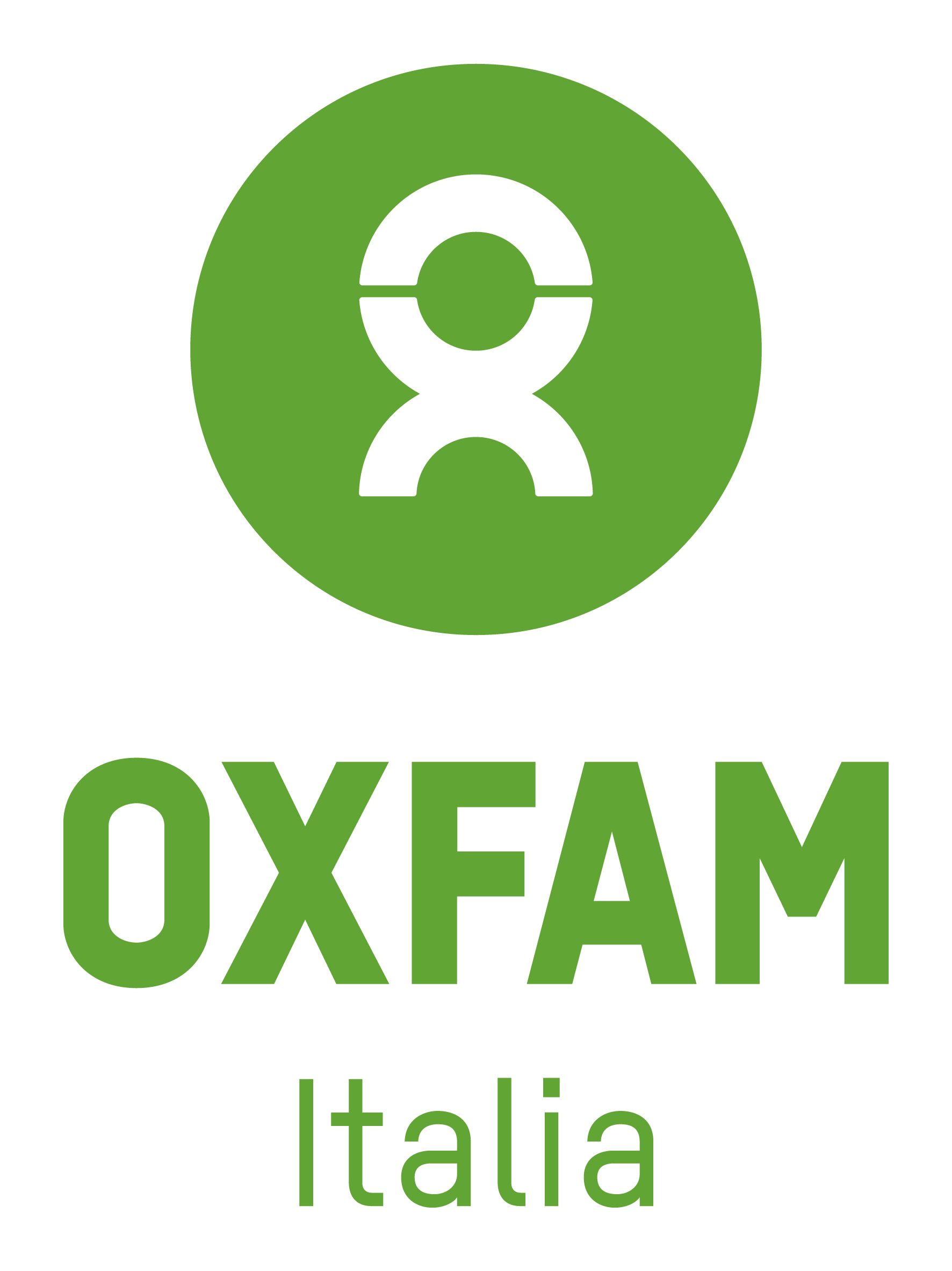
Oxfam
Oxfam is an International Confederation of 20 organizations working together with partners and local communities in more than 80 countries. Oxfam vision is a just world without poverty, where people are valued and treated equally, enjoy their rights as full citizens, and can influence decisions affecting their lives.
Oxfam Italia is engaged in domestic and international programs to support most vulnerable people in emergency (migration crisis and natural disaster) especially addressing food security, secure shelters and access to safe and clean water. Oxfam Italia implements national and international projects with partners and Institutions to respond to gender based violence and to empower women, girls and LGBTQI+ people so they can have equal access to opportunities and rights, collaborating with many partners in Italy and all over the world (such as Women Rights Organizations, grass rooted Civil Society Organizations and Feminist movements).

KMOP
KMOP, founded in 1977, is one of the oldest civil society organisations in Greece, with extensive experience in supporting people through the provision of direct social services and the implementation of social initiatives. Over the last years, KMOP has established international presence, being active today in 7 countries, and operating permanent offices in Athens, Thessaloniki, Brussels, and Skopje. The organisation is missioned to make a positive impact in society through innovative interventions and effective social policy design. Working with and for society, people are at the core of KMOP’s actions. The organisation actively supports individuals and communities by providing direct social services, implementing innovative programs, and offering educational opportunities. Its extensive research capacity blended with close interaction with the society is ensuring a deep understanding of the real social challenges and in turn, is leading to effective and impactful policy design. During the last 15 years, KMOP has successfully delivered more than 300 impactful initiatives, supported by institutional and private donors.

IVEPE-SEV
The Institute of Industrial and Business Education & Training (IVEPE) is a non-profit educational organization, founded in 1980 by a group of large Greek industries, following an initiative of the Hellenic Federation of Enterprises and Industries (SEV). IVEPE-SEV provides reliable, broadly recognized and high-level vocational training and lifelong education to employees, unemployed, self-employed and people of vulnerable social groups in Greece and abroad.
IVEPE-SEV is a Centre of Vocational Training of nationwide reputation by the National Organization for the Certification of Qualifications & Vocational Guidance (EOPPEP) of the Ministry of Education, Research & Religious Affairs and collaborates with educational institutions and organizations of international prestige (BINDT, IASSC etc), providing to those being trained internationally recognized services.
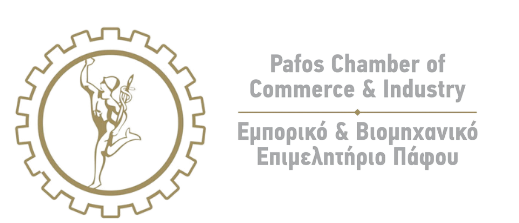
PAPHOS CHAMBER OF COMMERCE & INDUSTRY
The Paphos Chamber of Commerce and Industry is a Legal Entity under Private Law. It operates under a special law The Chambers of Commerce and Industry Law of 1968 (Law 56/1968 ) and is financially independent, free from any influence from the state.
The PCCI is the association of Cypriot businessmen of Pafos, whose interests it promotes by submitting to the government and the Parliament, through the Central Chamber, the positions and the views of the business community.
The Chamber’s financial resources come from its members’ subscriptions and from the income from issuing certificates of origin as well as from a range of services it provides.
Today PCCI it lists more than 550 members.
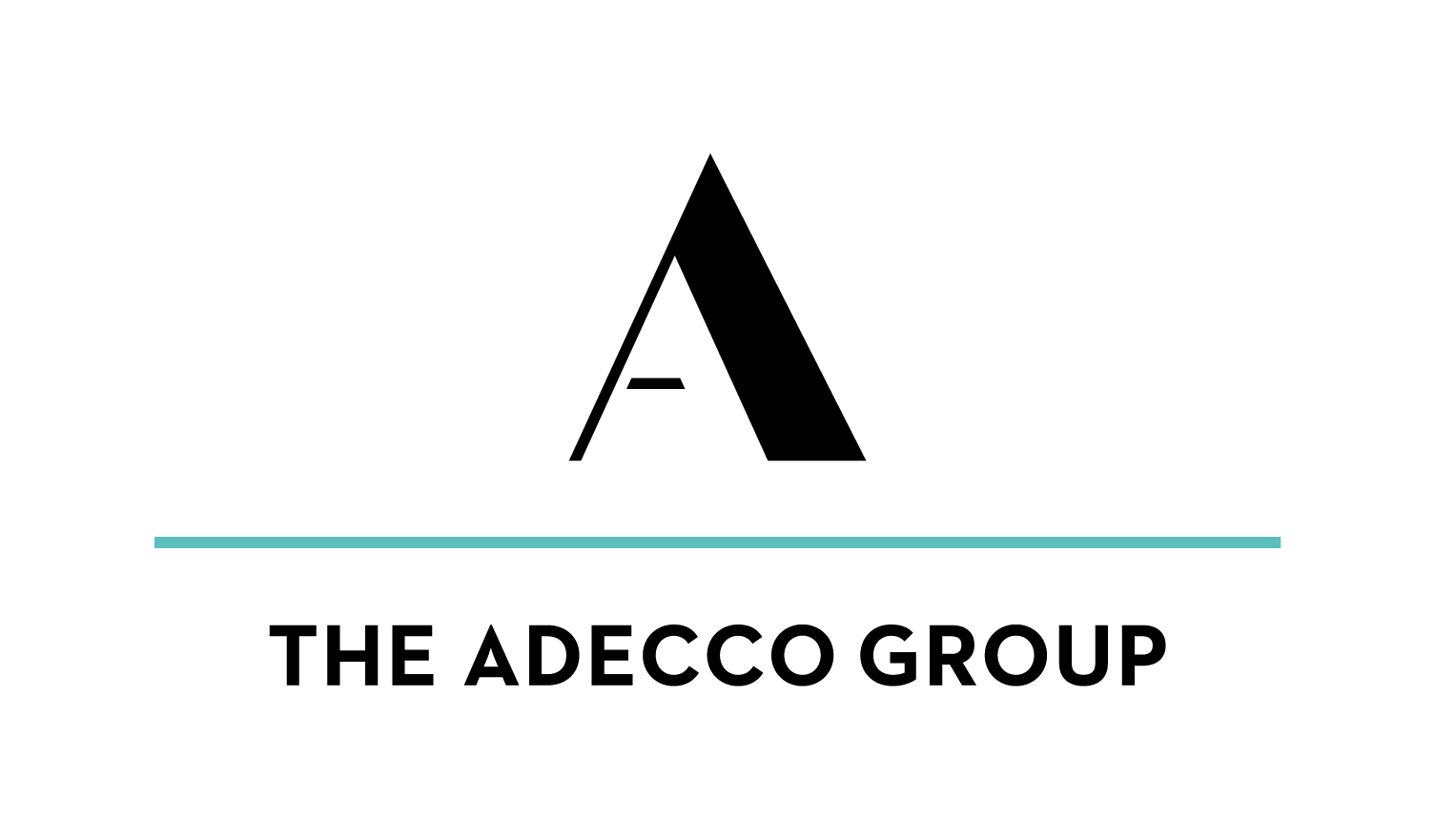
ADECCO TRAINING SRL
Adecco Training (100% The Adecco Group) is one of the largest Italian training providers. Since 2001 it offers a comprehensive service of orientation, higher and continuing education, acting as a reference point for analysis, advice, and implementation of growth projects and competitive using a methodological approach based on innovation. Adecco Training adopts a teaching methodology which places the participant actively at the heart of the training experience and makes them responsible for their own skills development. Adecco Training Italy is in charge of designing and supporting projects at the EU level. Fast track integration of the labour market for youth and vulnerable people; employability and labour market inclusion, digital skills are some of the topics addressed in recent projects.
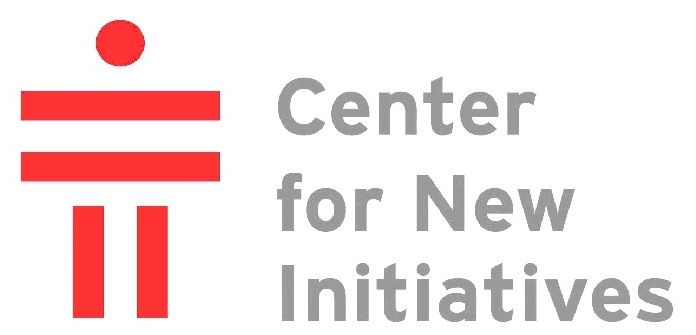
Center for New Initiatives (CNI)
Center for New Initiatives (CNI) is an independent, nonprofit organization established in 1994 to support the building of democracy in Croatia, has led electoral media campaigns, campaigns for women’s rights, migrants and unaccompanied children.
It builds upon the rich experience of the 1994-eastablished, CEE Network for Gender Issues (CEEGN) that promoted democracy, human rights and gender equality in Central and Eastern Europe in accordance with European values and the EU Gender Equality Strategy.
Its flagship activity is the annual Korčula School held in Croatia dedicated to current political, economic and social trends through a gender equality lens. CNI/CEEGN principals have broad outreach and experience in working in multilateral organizations, civil society organizations and in forging domestic and international partnerships.

CGIL TOSCANA
CGIL TOSCANA is an Italian Regional Trade Union Confederation representing workers coming from all the industrial
and services’ sectors. It plays an important role in protecting labor from the free and unconditional functioning of the market. It does so through the incessant work of building and rebuilding solidarity in the workplace and among workers, through the daily practice made up of the concrete commitment of representation and bargaining.
It is involved in bargaining with Institutions and companies to create and spread a gender
equality culture.
Its role in the project will be to directly support and engage employers and open a Helpdesk, as well as to raise awareness on SH in the workplace across the corporate sector and across wider society.
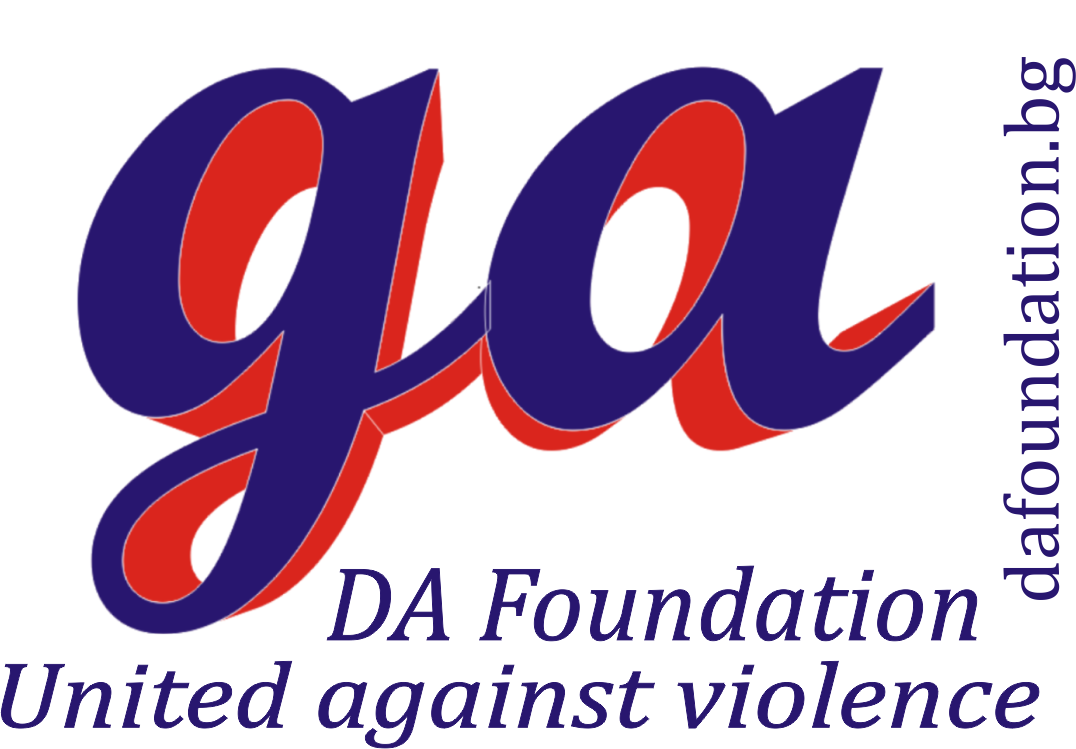
DAF – united against violence
DAF – united against violence” (Bulgaria) is a non-profit, nongovernmental organization, based in Plovdiv, Bulgaria, working towards promotion, protection and empowerment of women and girls in all spheres of public and private life so that they realize their potential in a just and unbiased society. Their focus is the promotion of gender equality in the Bulgarian society and raising public awareness and understanding on gender-based violence and discrimination. DAF will be the national leader for the successful implementation of Teamwork 2 in Bulgaria; it has a strong track record in assisting large companies to introduce gender-equality and non-discrimination standards.
We specialize in working with the Bulgarian legislation on violence against women and girls, and discrimination as well as in the use of the regional and international instruments for human rights protection such as the ECHR, CEDAW, ICCPR, EU law.
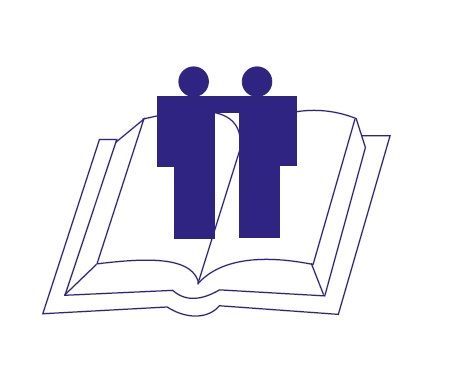
SINDIKAT OBRAZOVANIE KAM KT PODKREPA (SEP)
Syndicate “Education” (SEP), Bulgaria, is part of the Confederation of the Labour Syndicate Podkrepa. It works closely with the Ministry of Education and Science and the Ministry of Labour and Social Policy regarding changes in the current education policy and takes part in policy development. Podkrepa is a member of the European Trade Union Committee of Education together with 132 teacher syndicates across Europe, as well as a member of Education International – the largest international teacher organisation. It has over 20 000 individual members from all country regions. SEP’s role in the project will be to raise awareness about the project best practices as well as to reach out and engage as multipliers other trade unions which are members of Podkrepa Labor Confederation.
